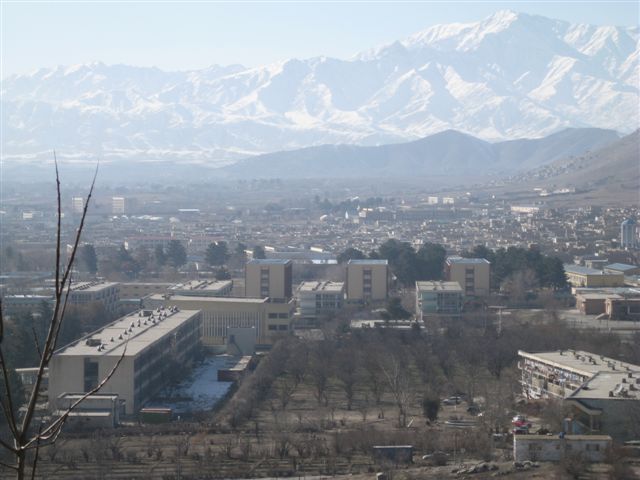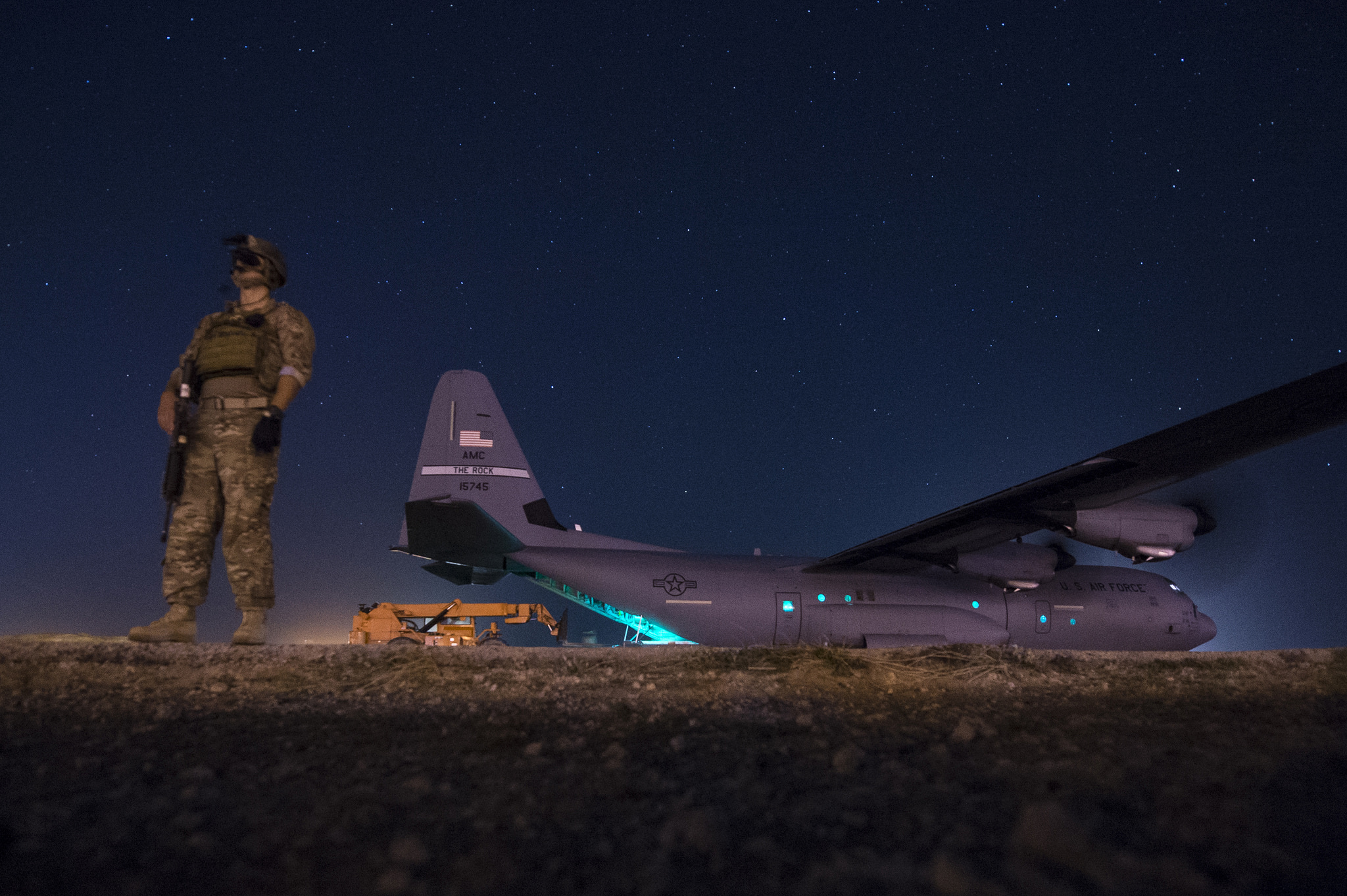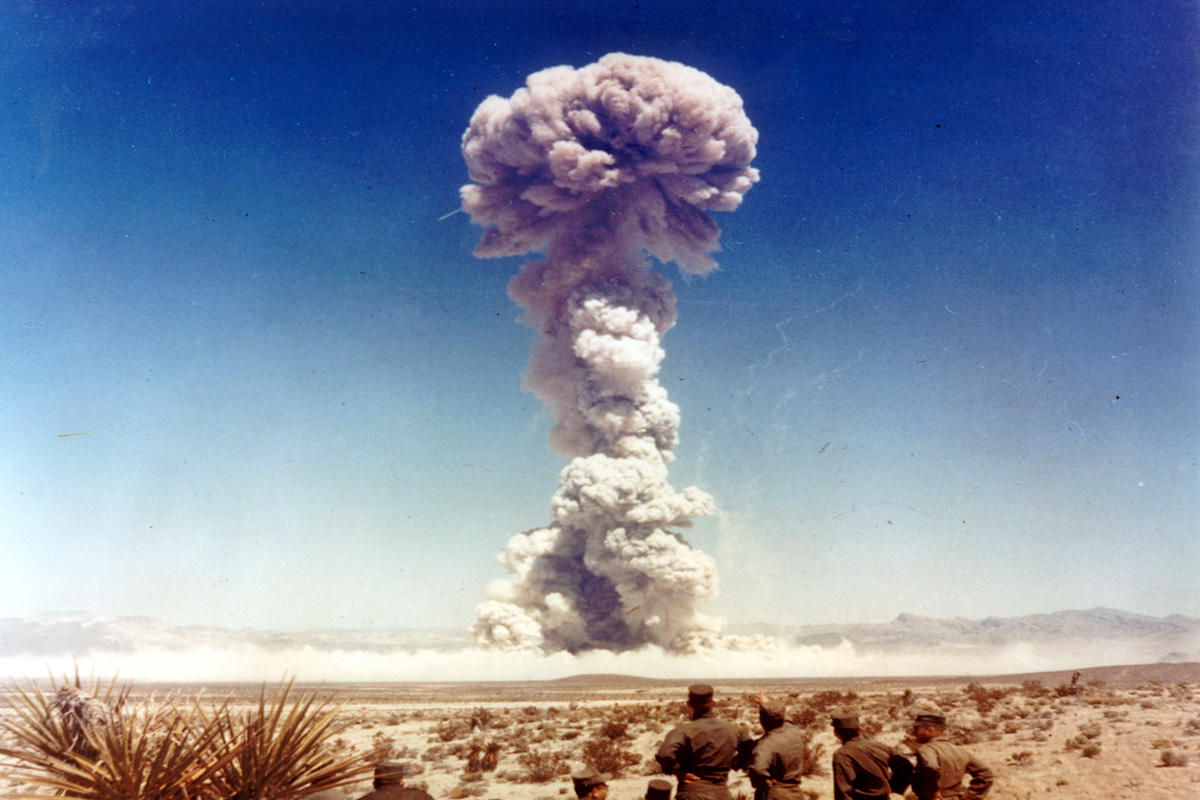
NATO’s day job, providing reassurance to its members and seeking to deter Russia from attacking members, is actually pretty straightforward…. even, dare I say it, easy. Huh? Yes, I have been preaching humility for a while–that the lessons of Iraq, Afghanistan, Libya, Syria and Iraq (yes, that is deliberate) teach us that much of what NATO and various forms of coalitions have been doing can be really, really hard and that success is elusive.
How can I suggest that NATO’s eastern front is “easy” while its southern front (this is the distinction I have heard from NATO types over the past few weeks) is so very hard? Because that which NATO and coalitions x,y and z have been doing since 2001-ish has depended greatly on getting the politics right of the places where they have been operating. That the local allies in Libya, Afghanistan, Iraq, and so on have been quite unreliable, that they have had little control beyond their national capitals, that the international efforts have required extensive whole of government cooperation and intra-alliance cooperation to try to develop semi-self-sustaining political systems. Indeed, this week, Chairman of the Joint Chiefs of Staff General Dempsey referred to this basic problem–that whatever we do militarily in Iraq hinges on whether the Shia-dominated government can come up with a deal with the Sunnis.
The good news is that the European front is far, far less complex. Whatever one thinks of Ukraine’s government, that is almost entirely not NATO’s problem. NATO’s challenge is to provide enough military force and the appearance of political commitment that such force would be used that Russia, and the ever-opportunist Putin (thanks to Kim Marten for the idea that Vlad is a judo guy looking at one move at a time and not a chessmaster), see that the potential costs of poaching further are not worth the risks. This is not really that easy–getting consensus at NATO is difficult, but it pales in comparison to the challenges of the past fourteen or so years in Afghanistan, Iraq and elsewhere.
The governments of the Baltic countries and of Poland–the main countries on the frontier–are democratic, transparent, functional, stable and determined. They are not likely to use alliance guarantees to act aggressively against Russia (unlike, say, Georgia). They feel the threat quite intensely although Poland has much less to fear than the Baltics. The latter have significant Russian populations that can be used by Putin as he stretches at the outer limits of plausible deniability (how implausible can one’s denies be and still be plausible enough to be politically useful?). The interests of the politicians in eastern Europe line up rather well with the US and others. There are no Malikis or Karzais, with the possible exception of the entirely irrelevant (in this matter) Orban of Hungary.
Sure, the Baltics need to do more to make their Russian populations feel less alienated, but if I were a Russian in the Baltics, I would compare my situation now to that of those living in the conflict zones in Ukraine. Much better to be on this side of the bright and shiny line that divides NATO from Russia’s prey.
Again, getting consensus at NATO is hard, but even the Germans are making important commitments that tie their hands, such as agreeing to be the lead nation for the Very High Readiness Joint Task Force. Certainly, the European countries are having a very hard time meeting the 2% GDP commitment. On the other hand, the US can place troops into the Baltics and Poland with or without NATO consensus, to re-create the tripwire that existing in West Germany in the days of the Cold War. There is much work to do to improve the credibility of the NATO deterrent, of Article V’s applicability to the Baltics, but the point here is that this is relatively simple compared to the recent past. And it is something with which NATO has much practice, history and doctrine. The alliance just has to go into the archives and dig this stuff up and figure out how the old plans of how to deal with salami tactics apply in the 21st century.






